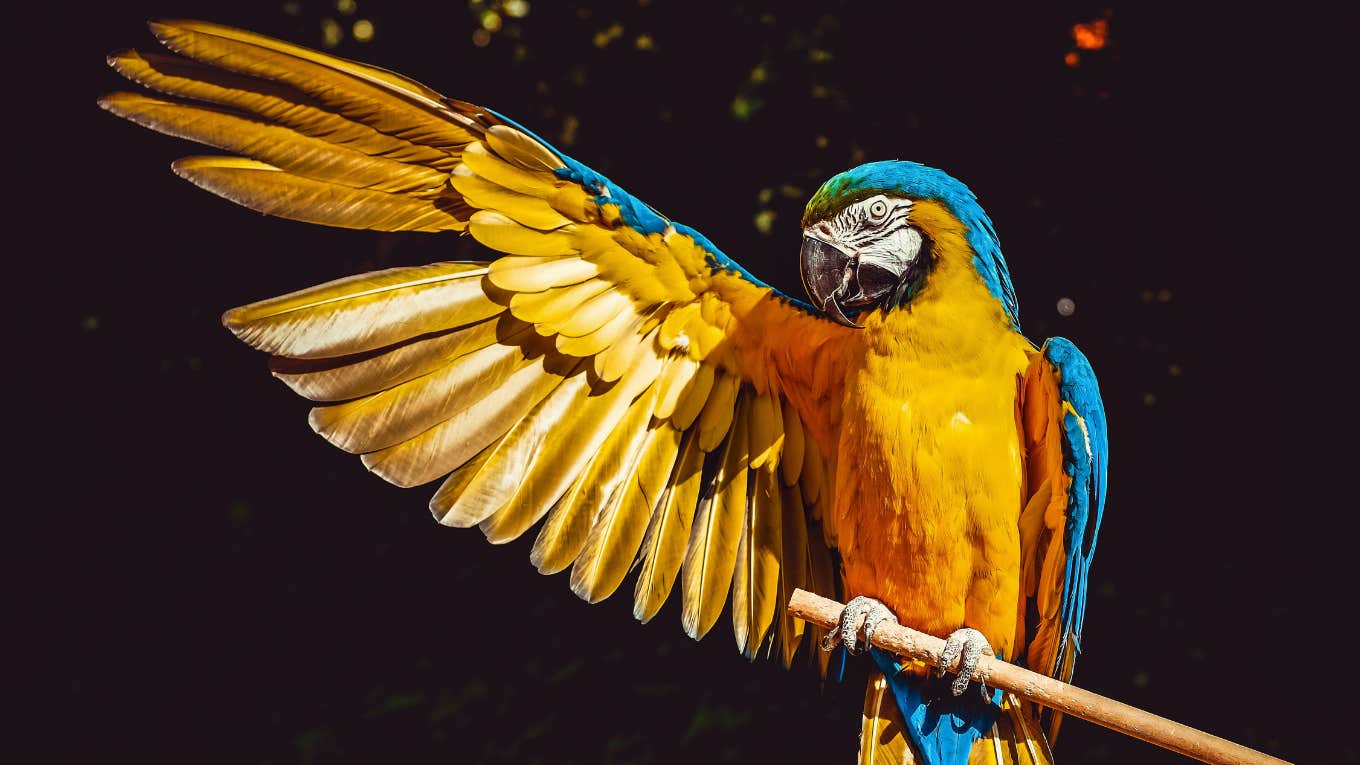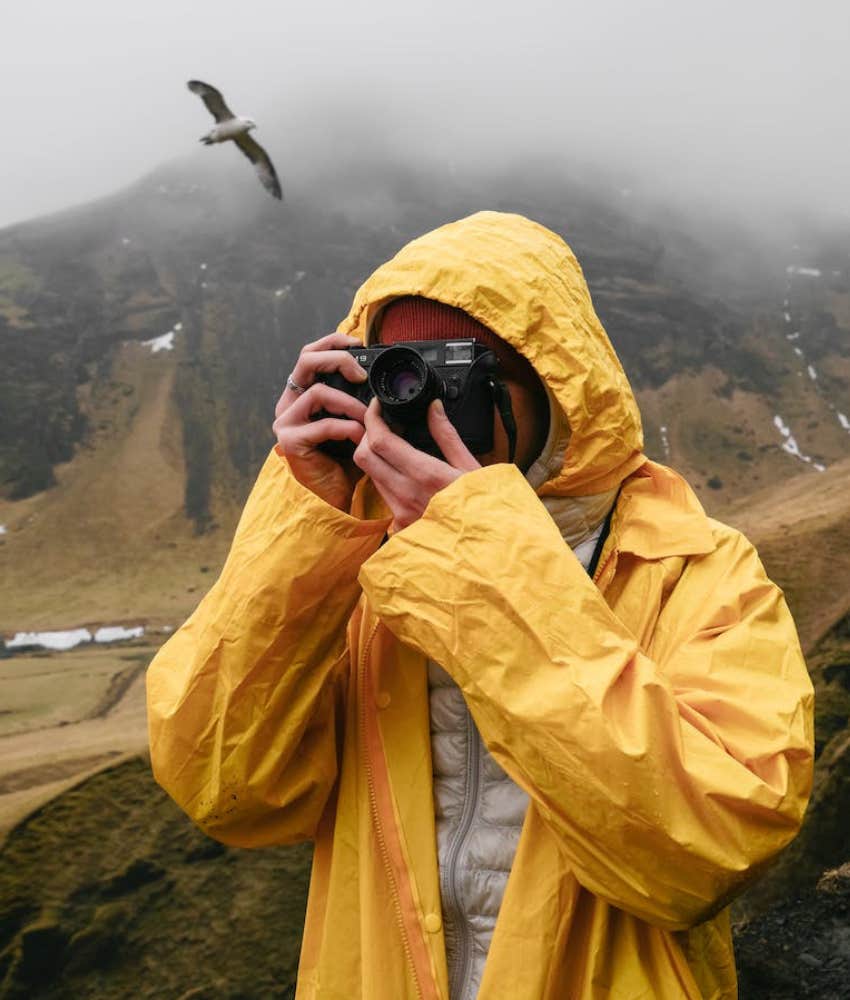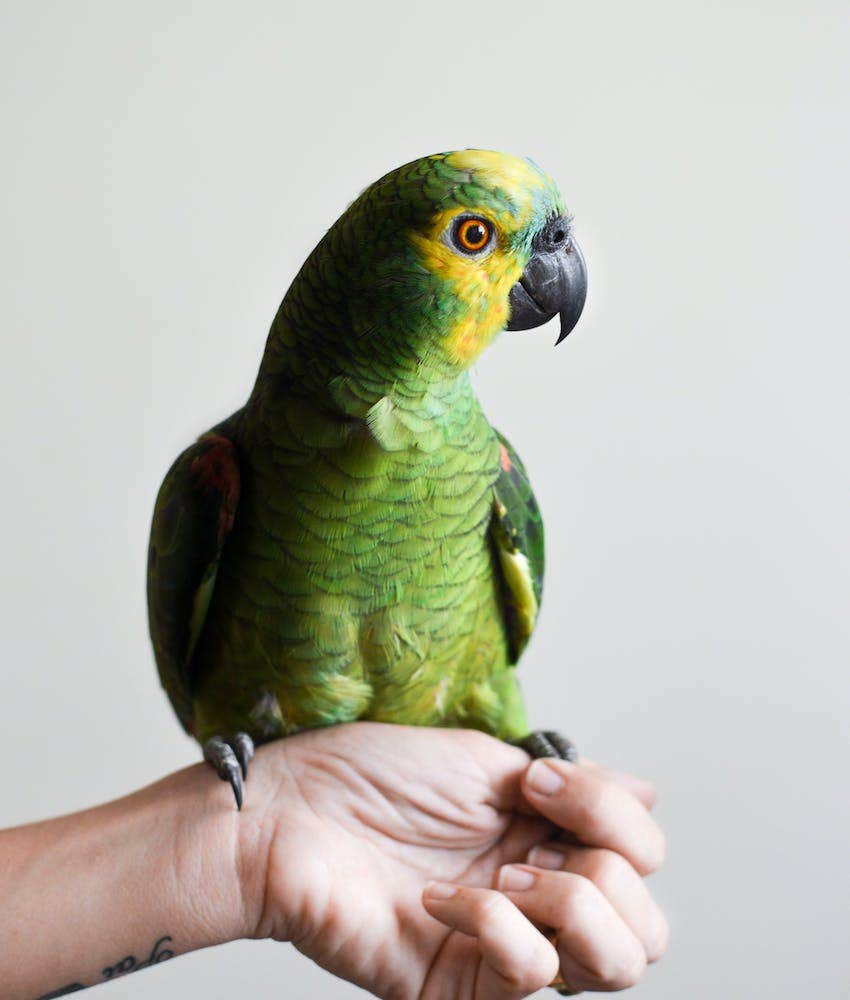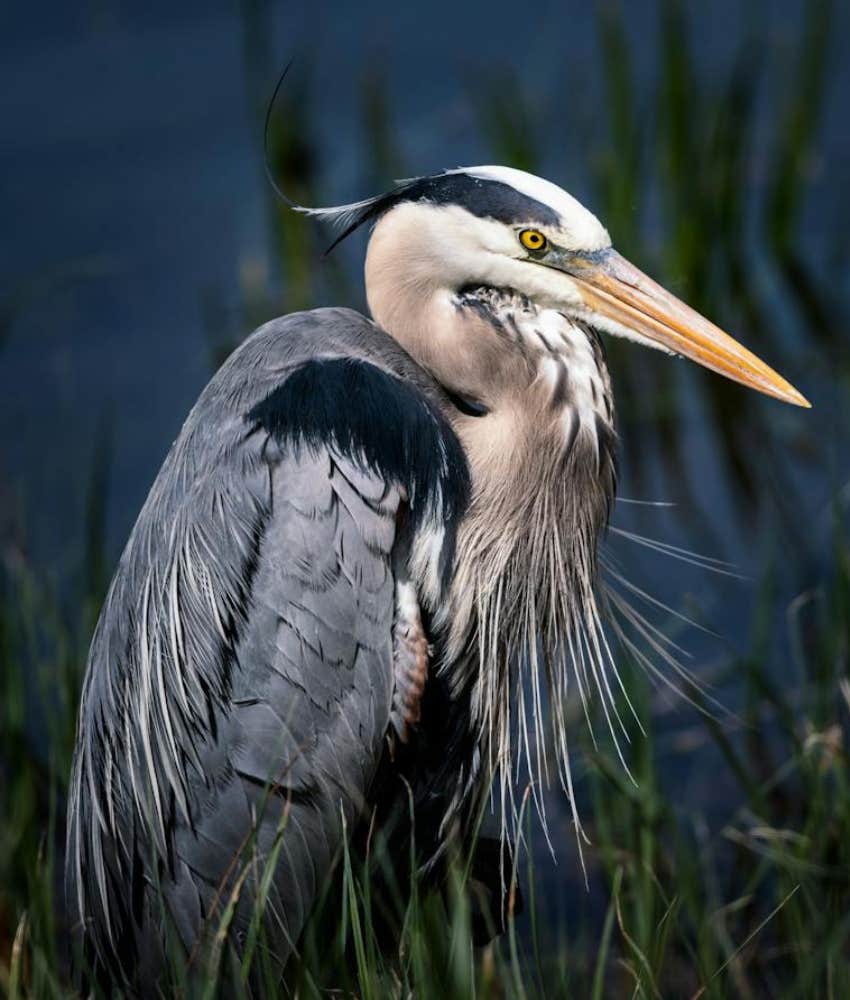The Righteous Reason Some Bird Names Are Changing — 'Names Have Power'
The winds of change are ruffling feathers in the birdwatching world, for a very good reason.
 Ilo Frey / Pexels
Ilo Frey / Pexels You might not expect bird names to be a controversial or even newsworthy issue, but in recent years, they’ve become just that. A large number of bird species take their English names from people, specifically from the men who laid claim to “discovering” the winged creatures.
Yet many of those men were hugely problematic, having been enslavers, colonialists, and grave robbers. Not exactly honorable in their intentions or actions.
Now, ornithologists across North America are taking a stand to bend the arc of history in a more equitable way.
There’s a righteous reason bird names are changing, and it will make the birdwatching world a more just and inclusive place.
On November 1, 2023, The American Ornithological Society announced they would be changing the common English names of 80 bird species in North America, shifting away from honorific names.
Around 150 of roughly 2,000 North and Central American bird species have honorifics, meaning that they were named in recognition of the mostly white, male naturalists who spotted them in the wild and classified them.
Winds of change are ruffling feathers within the ornithological community. Bird names are at the forefront of a debate rooted in social justice, as people ask the question: Who deserves to be honored and how?
 Photo: Arthouse Studio / Pexels
Photo: Arthouse Studio / Pexels
Colleen Handel, a research wildlife biologist and the president of the American Ornithological Society, explained the organization’s decision to change bird names as a direct action to diversify birding and make the activity more welcoming to people of all backgrounds, ethnicities, and races, who have historically been left out of the birding community.
“Names have power and power can be for the good or it can be for the bad," Handel explained. "We want these names to be powerful in a really good way."
 Photo: Caio / Pexels
Photo: Caio / Pexels
Handel touched on the often harmful ways that history leaks into our present, noting, "We've come to understand that there are certain names that have offensive or derogatory connotations that cause pain to people, and that it is important to change those, to remove those as barriers to their participation in the world of birds.”
While the scientific names of birds won’t be changed, the common names of bird species will shift away from honorific titles to names that describe and uplift characteristics of the birds themselves, such as their glorious plumage, the sound of their calls, and other traits.
 Photo: Sklyer Ewing / Pexels
Photo: Sklyer Ewing / Pexels
As the organization Bird Names For Birds has stated, “birds are magnificent creatures, full of fascinating behaviors and exquisite plumages. Birds deserve to be celebrated for the evolutionary history that has shaped their particular traits, not for the moment when someone shot and dissected them.”
Bird Names For Birds also touched on the social justice reasons to rename birds, stating, “We want our community to be as welcoming and inclusive as possible. Overturning a long-held tradition that is rooted in colonialism simply to say, ‘You are welcome in the bird community, whoever you are’ is all the reason necessary to have bird names for birds.”
Some people aren’t convinced that bird names should be changed, yet those people are overlooking how history and language are constantly evolving. Some people don’t think something as small as bird names matters in the scope of all the inequities woven into the fabric of our society.
There’s a resonant confluence between working to shift history’s injustices and taking part in small acts, like birdwatching, and changing problematic names.
On May 25, 2020, George Floyd was murdered by police officer Derek Chauvin in Minneapolis, Minnesota. His murder was a spark, a flash of all-too-common criminal injustice, that alighted protests across the U.S.
Earlier that same day, Christian Cooper was bird-watching in Central Park when a white woman named Amy Cooper threatened to call the police, after he asked her to leash her dog, so as to not scare the birdlife away from their habitat. What became known as the Central Park Bird Watching Incident opened a conversation on access and inclusivity in the birding world.
Cooper himself spoke to the intersections of marginalization and ornithology on NPR in June 2023, stating, “Black people have not been involved in birding as much as we should because the birds belong to no one. And … They are for everyone to enjoy. And it is an incredibly healing thing to be out there in whatever habitat the birds are in, to connect with the wild and to just see these feathered wonders going about their business of life.”
It’s small movements that allow larger sea changes to arrive. Right now, it’s bird names. In the years to come, it will be something else. May we welcome these changes triumphantly, holding onto the knowledge that every living creature deserves to spread its wings and inhabit the world.
Alexandra Blogier is a writer on YourTango's news and entertainment team. She covers social issues, pop culture analysis, and all things to do with the entertainment industry.
